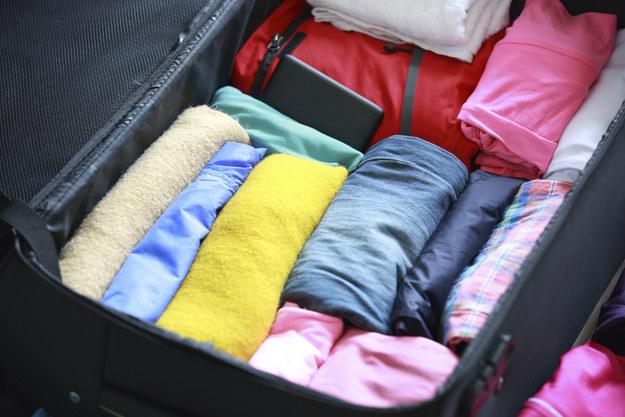There are a number of considerations when packing for an airline flight. All airlines have certain restrictions as to what can be taken aboard, but some items outght to be kept with the passenger at all times. It has been known for checked bags to go astray, so what can be done to minimise discomfort if this happens? However, with a little advance planning, everything can go smoothly when travelling.
Advance Planning
All airlines have maximum sizes and weights for both checked and carry-on baggage. For most of them, the largest weight allowed for hold luggage is 23 kg, and they will add a surcharge for overweight baggage. The limits for hand luggage are usually 10 kg and a maximum size of 21 cm x 40 cm x 54 cm. In addition, passengers can carry a handbag, coat, briefcase, laptop bag, or similar items.
However, all airlines have slightly differing requirements, and those for each particular flight should be checked in advance. This is most important if the passenger is not to have problems at the airport.
Items Which Should Always be Carried in Hand Luggage
Small valuables such as cash, credit cards, jewellery, and cameras.
Critical items such as medicine, keys, passport, tour vouchers, and business papers.
Irreplaceable items such as manuscripts and heirlooms.
Fragile items such as eyeglasses and things in glass containers.
Checked baggage can easily go astray, even if only for a day or two, so crucially important items should always travel with the passenger. For this reason it is a good idea to also put items such as toiletries and a change of underwear in one’s carry-on baggage.
Items Which Must not be Carried in Hand Luggage
Sharp items are not permitted in carry-on baggage; these include scissors, penknives, and nail clippers (emery boards are allowed). Liquids, gels and aerosols are now usually permitted in hand luggage, but there are certain limitations. Usually they must be carried separately in a clear plastic sealed bag, and no item may be larger than 100 ml, but passengers should check with each individual airline in advance. Larger amounts of prescription medicine and baby food may usually be carried.
Hints for Checked Baggage
It is a good idea to remove any old airline tags. Identification labels should be attached to both the outside and inside of cases, giving the destination as well as the home address. If the passenger is planning to travel to different places, putting a copy of the complete itinerary inside the case is recommended. Almost all mislaid bags do turn up sooner or later, and usually within a few hours, so the airline needs to know where to send them.









